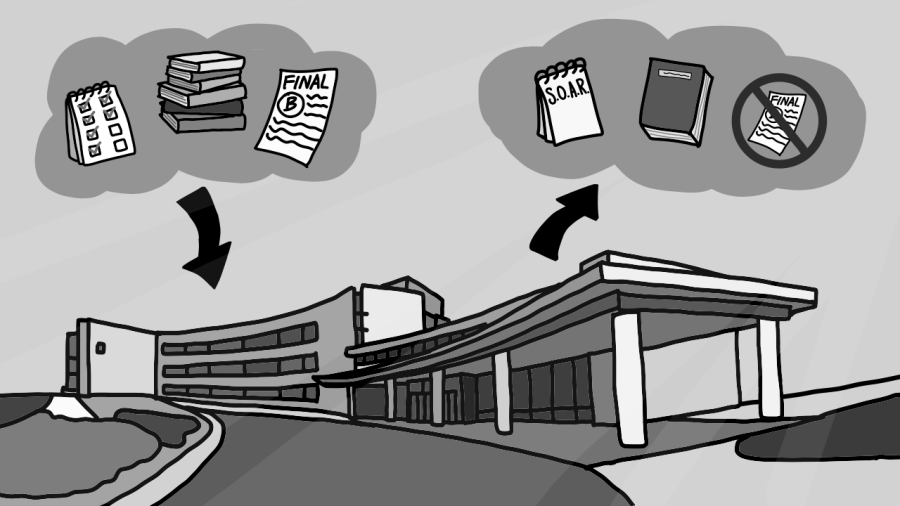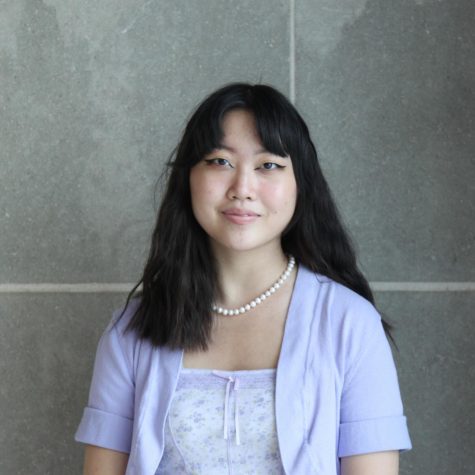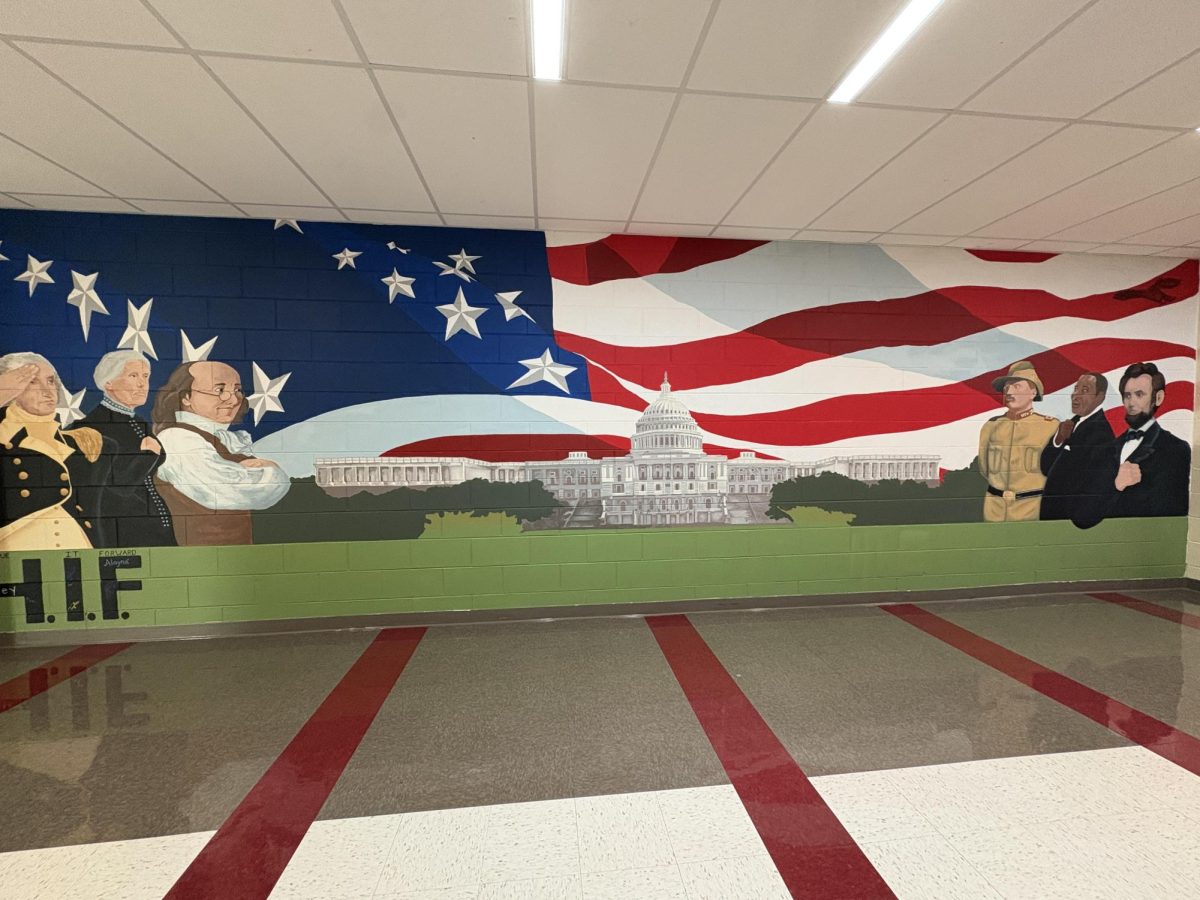Editorial: So much for normal: Naperville Central must reevaluate longstanding practices based on pandemic’s lessons
January 19, 2022
Stepping through the doors of Naperville Central on Aug. 19, most students and teachers were hoping for a return to pre-pandemic learning: no more burnout from the block schedule and no more talking to a computer screen. Yet, resurgent waves of COVID-19 infection and outdoor school dances serve as perpetual reminders that we’re not returning to our idealized version of “normal” anytime soon.
Instead of trying to harken back to the old days, we as a school and a district should be drawing on the experiences of the pandemic for improvement, even if this has always been an excellent district. The pandemic upended our concept of normal, but some of the adjustments we made are blueprints for the future rather than temporary changes.
Returning to in-person learning has undoubtedly helped restore students’ motivation to learn and ability to focus. Being in the same physical space as our peers and instructors is much more engaging, and the renewed social interaction that comes with moving around the school during passing periods and during lunches is refreshing.
Unfortunately, simply returning to the building hasn’t fixed several problems COVID-19 exposed in our academic structure.
For instance, students cheated more on exams during online learning, and the difficulty of monitoring devices at home contributed to this increase. But, the underlying cause would have existed, pandemic or not. Because of the overwhelming workload students receive from all their classes, it’s nearly impossible to commit material to memory in advance.
In-person learning reduces students’ means of cheating, but there should be a comprehensive shift away from testing material that shows up on the first page of a Google search. Many teachers increasingly included application questions on their exams during online learning, but departmental and school-wide changes to the weight of multiple choice recall tests, especially in communication arts and social studies classes, could further decrease the motivation to cheat.
Likewise, after three semesters without a traditional finals week, it’s worth reevaluating whether we really need them again or if there should be overhauled guidelines for how they are managed. Few uniform finals policies exist this year, even within departments, so students are extremely confused about which ones to prioritize and how they might prepare adequately for their specific set of assessments.
Many teachers are also unsure about what they should give their students during the 100-minute exam period. Some have even told their students, “I don’t really have anything to give you, but I have to, so we’re going to do this or that.” The general air of uncertainty surrounding this semester’s finals has only added to the stress and burnout educators and students have been experiencing since the early stages of online learning last year.
One of the stated reasons finals are administered in high school is to prepare us for college. But, college classes are extremely different from those in high school. There’s much less busywork, content covers a narrower field, each unit builds on the previous one and students can devote more time to preparing for the exam. Classes also rarely meet daily, affording students greater study and preparation time between class meetings. That looks nothing like the high school learning structure.
Looking to second semester, there’s no need to require final assessments for every class or department, especially if the teacher would only be giving it for the sake of fulfilling a requirement. In the long-term, Central may benefit from phasing out final exams, because they’re only useful as cumulative assessments for the few courses that build upon themselves.
Of course, this pandemic has affected student behavior and school climate. With students cooped up at home for so long, limited to interacting with others mostly through the internet and social media, devious licks, social media accounts taking pictures of students’ feet in bathroom stalls and threats of violence impacted our school environment.
We all have a collective power in remedying this misbehavior. Obviously, students should make the decision to not act recklessly and disrespectfully, but we, along with teachers and administrators, must strive to make this school more engaging for each other. People need to feel like they have a purpose here, whether it’s to learn algebra, play volleyball, or act in the spring mainstage play. Then, students won’t try to amuse themselves in ways that hurt others. The climate at our school can be collaborative, not combative.
Concerns aside, Central Times is glad to see that our building leaders are making improvements to our school experience. S.O.A.R. periods, for example, have enormous potential to give students some breathing space. Every aspect of our education should consistently go through that kind of reevaluation, especially after so many of their flaws have been exposed by the pandemic. Let’s learn from this semester. We’re not asking to return to normal, but to progress toward something better.








